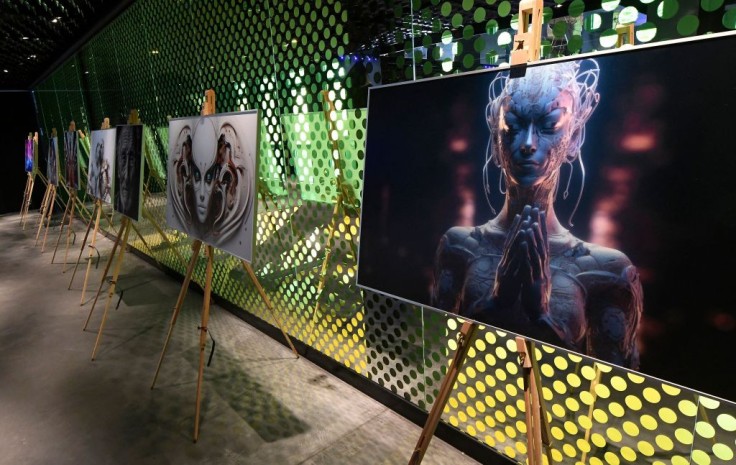AI firms may soon be required to disclose the use of copyrighted materials in their AI models with the new AI bill in the US House of Representatives.
California Rep. Adam Schiff (Democrat) introduced a new legislation on Tuesday to "require transparency from companies" with their use and development of generative AI in terms to copyrighted works, including licensed text, images, music, and videos.

Under the proposed Generative AI Copyright Disclosure Act, AI firms will need to submit any copyrighted works in their training datasets to the Register of Copyrights within 30 days before releasing their AI models.
AI Disclosure Bill Will Protect Creators: Schiff
According to Schiff, the bill will "balance the immense potential of AI with the crucial need for ethical guidelines and protections."
If the proposed legislation was passed, it would address longstanding issues of AI startups bypassing "fair use" laws on using licensed works for datasets.
Most notable are the recent copyright cases of Microsoft and OpenAI from publishers, authors, and online platforms. Most prominent was the litigation from The New York Times.
The bill was backed by several industry leaders and unions, including SAG-AFTRA and WGA who previously launched labor strikes against Hollywood studios over similar concerns.
Congress Clamps Down on AI Applications
Schiff's proposed AI legislation is only the latest in the growing number of bills introduced in Congress this year as the US government catches up on the impact of the technology in the country.
Just last month, a bipartisan bill was introduced to require social media platforms and AI sites to add visible labels to AI-generated media.
Ahead of Congress and the Senate, several states have already passed their respective AI laws to either protect licensed content or user data privacy from AI firms scraping the internet for data to train their models.
State agencies, primarily the Federal Trade Commission, have earlier tightened their policies on AI companies and their operations.









